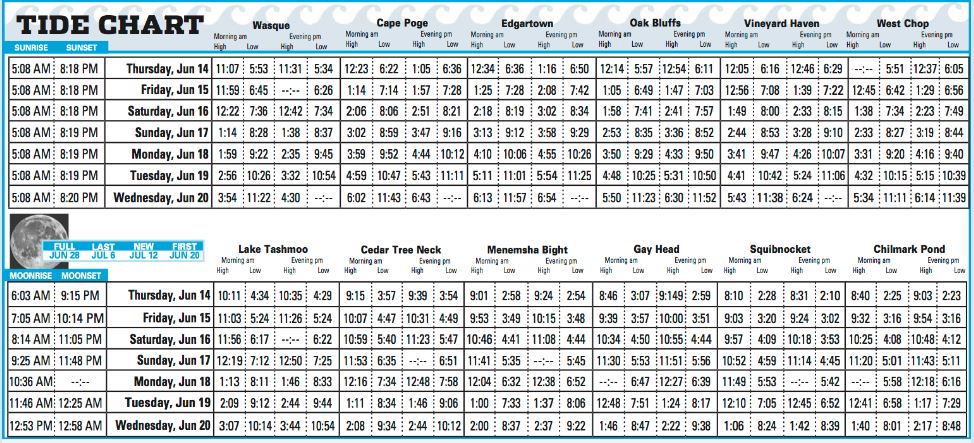I am looking for ways to tell time when the sky is completely blacked out all the time.
I am aware of nails and other metal objects inserted into candles. Due to vegetation dying due to this calamity, sources of candle making materials could be in short supply. Such as: bees, animal fat,uhh human fat.
Magic is rare, but available, to alleviate some problems.
Godly given magic is also a rare commodity as worshiping souls are becoming more and more rare.
EDIT for clarification
Cause of blacked out sky: Super-volcano event causing an ash-cloud that will last years, maybe decades. After which an ice-age will begin.
Crops, animals die or are eaten. Villages without walls or militias are preyed apon by creatures and other villages.
Travel is risky due to ash-storms (tornadoes of abrasive ash) and creatures/brigands that prey on the traveling caravans. Caravans now use a herd mentality. "They can not get us all.."
Using torches/fires also ill-advised as that is a beacon to said creatures/brigands.
People reactions to:
- Mages: Untrusted but needed as they bring firepower. Scapegoated by others as cause.
- Priests: varies from saviors as they can still provide some meals, to zealots as godly magic is becoming more and more scarce as worshipers die off. Some have demanded only those who worship the local deity be allowed services. Think salem-witch trials stuff

